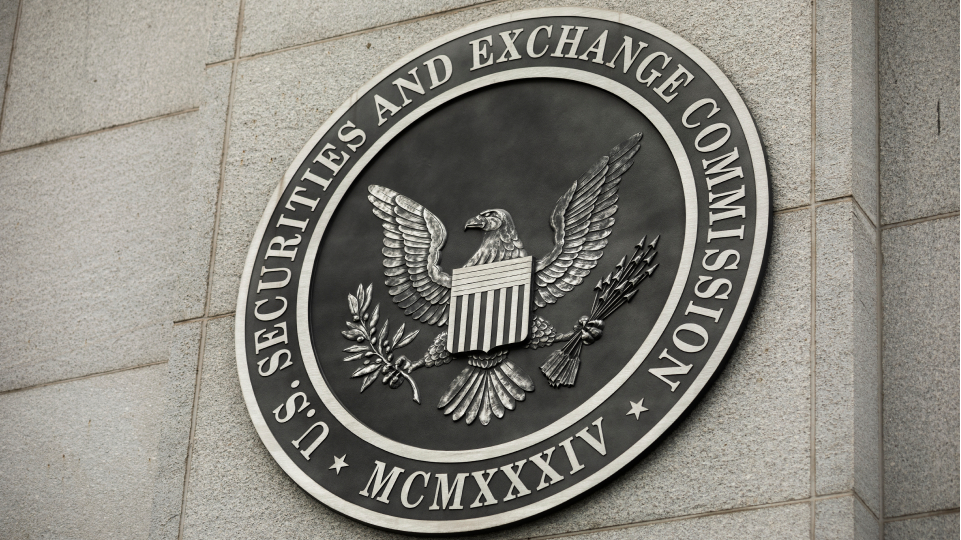|
Getting your Trinity Audio player ready...
|
- Ripple CEO Brad Garlinghouse argues that the SEC’s enforcement-by-litigation approach to regulating the crypto industry has created uncertainty and hindered innovation.
- Garlinghouse believes that the SEC’s current strategy has driven crypto businesses to other jurisdictions, causing a brain drain of talent and innovation from the United States.
- The outcome of the Ripple-SEC case could have significant implications for the broader crypto industry. If the SEC prevails, it could set a precedent that would bring many other cryptocurrencies under securities laws, potentially stifling innovation and growth.
In a recent interview with CNBC’s Dan Murphy at the Ripple Swell conference in Dubai, Ripple CEO Brad Garlinghouse voiced his concerns about the U.S. Securities and Exchange Commission’s (SEC) approach to regulating the cryptocurrency industry. Garlinghouse asserted that the SEC’s current strategy has failed to effectively protect investors and has instead stifled innovation and growth within the sector.
“I think the SEC, in my opinion, has lost sight of their mission to protect investors,” Garlinghouse stated. He questioned the SEC’s focus and asked, “Who are they protecting in this journey?”
Garlinghouse criticized the SEC’s enforcement-by-litigation approach, which he believes has created uncertainty and hindered the development of the crypto industry. He argued that the SEC’s actions have driven crypto businesses to other jurisdictions, causing a brain drain of talent and innovation from the United States.
To address these concerns, Garlinghouse advocated for a new, tailor-made regulatory framework that properly considers the unique characteristics of digital assets. He emphasized the need for a clear and consistent regulatory approach that fosters collaboration between the SEC and industry participants.
Garlinghouse’s comments reflect the growing discontent among many in the crypto community regarding the SEC’s regulatory stance. The SEC’s ongoing lawsuit against Ripple Labs, the company behind the XRP cryptocurrency, has been particularly contentious. The SEC alleges that XRP is an unregistered security, while Ripple maintains that it is a digital asset and not subject to securities laws.
Related: Ripple vs. SEC: Brad Garlinghouse Says Company Prepared to Go to Supreme Court in Fight for XRP
The outcome of the Ripple-SEC case could have significant implications for the broader crypto industry. If the SEC prevails, it could set a precedent that would bring many other cryptocurrencies under securities laws, potentially stifling innovation and growth.
Garlinghouse’s call for a reassessment of the SEC’s regulatory strategy is a timely one. As the cryptocurrency industry continues to evolve and mature, it is crucial to establish a regulatory framework that is both effective and supportive of innovation.
I’m the cryptocurrency guy who loves breaking down blockchain complexity into bite-sized nuggets anyone can digest. After spending 5+ years analyzing this space, I’ve got a knack for disentangling crypto conundrums and financial markets.



